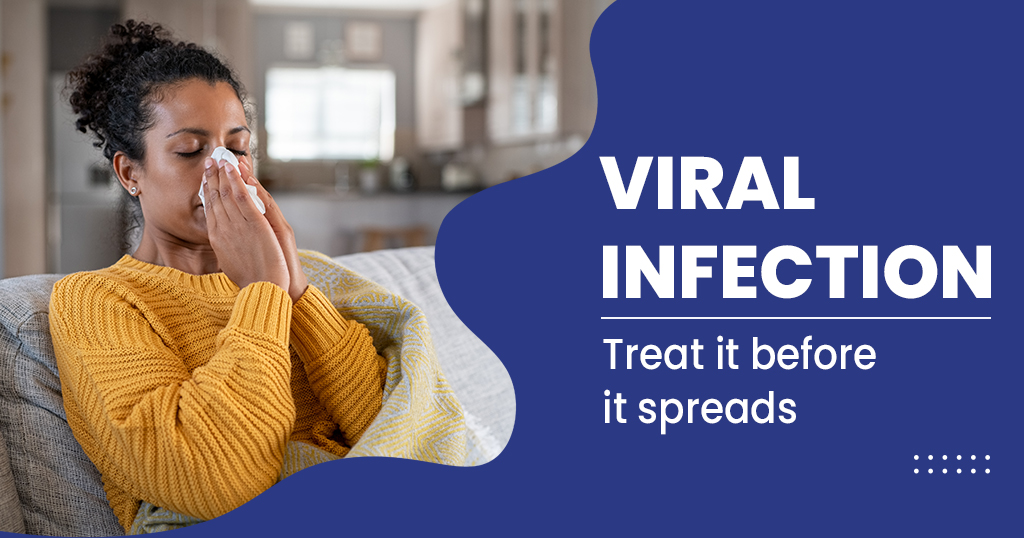PCOS
Title: Understanding PCOS (Polycystic Ovary Syndrome)
Polycystic Ovary Syndrome (PCOS), also known as Polycystic Ovary Disease (PCOD), is a common hormonal disorder that affects many individuals, particularly those of reproductive age. Here's a general outline to help you about on PCOS:
Introduction:
- Introduce the topic of PCOS and its prevalence among women of reproductive age.
- Highlight the importance of raising awareness about PCOS and providing accurate information.
Section 1: What is PCOS?
Explain what PCOS is and its primary characteristics, including hormonal imbalances, irregular periods, and cyst formation on the ovaries.
- Mention that the exact cause of PCOS is not fully understood, but genetics and insulin resistance are believed to play a role.
Section 2: Common Symptoms:
List and describe the common symptoms of PCOS, such as
: Irregular menstrual cycles,
: Excessive hair growth (Hirsutism),
: Acne,
: Weight gain,
: Fertility issues.
Section 3: Diagnosis and Medical Evaluation:
Describe the diagnostic process for PCOS, which may involve a review of symptoms,
- : Physical exams,
- : Blood tests to assess hormone levels,
- : Ultrasounds to check for ovarian cysts.
- Stress the importance of consulting a healthcare professional for proper diagnosis and guidance.
Section 4: Treatment Options:
- : Mention lifestyle changes like Regular exercise and a Balanced diet to manage Insulin Resistance and Weight.
- : Cover Medications that can regulate menstrual cycles, control hair growth, and improve fertility.
- Highlight the significance of personalized treatment plans and continuous medical monitoring.
Section 5: Potential Complications:
- Address potential long-term health risks associated with PCOS, such as Type 2 diabetes, Heart disease, and Endometrial cancer due to irregular menstrual cycles.
- Emphasize the importance of proactive management and regular health check-ups.
Section 6: Coping Strategies and Emotional Well-being:
: Recognize the emotional impact of PCOS, including body image concerns and mental health issues like depression and anxiety.
- : Offer coping strategies, stress management techniques, and the importance of seeking support from loved ones or mental health professionals.
Conclusion:
- Summarize the key points discussed in this blog.
- : Encourage to prioritize their health,
- : Seek medical guidance,
- : Share the information with others who might be affected by PCOS.









.jpeg)

Comments
Post a Comment